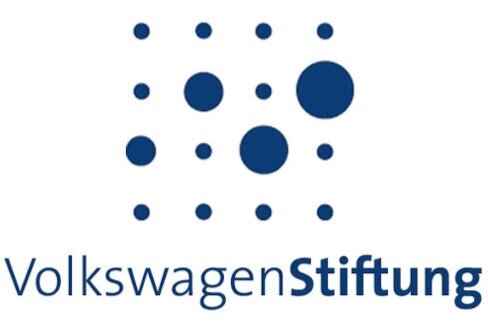
Environing Infrastructure
Communities, Ecologies, and China’s “Green” Development in Contemporary Southeast Asia
Environing Infrastructure: Communities, Ecologies, and China’s “Green” Development in Contemporary Southeast Asia is a five-year research project (2020-2025) funded by the Volkswagen Foundation. It is carried out by a team of researchers based at the Rachel Carson Center for Environment and Society, LMU Munich. It focuses on the environmental components of Chinese large-scale infrastructure development in Southeast Asia.
Southeast Asia, a major target for Chinese investments, is on the brink of numerous ecological crises. There is rising awareness across the region of the potentially devastating environmental impact of Chinese infrastructure projects. On the other hand, China is a crucial economic partner and a model of development.
Environing Infrastructure studies these dynamics by engaging with local communities and Chinese planners through long-term, comparative ethnographic research. Rooted in Social Anthropology and the Environmental Humanities, it explores the nexus of infrastructure development, local ecologies, and China's "green" framing of its global ambitions.
Team
Alessandro Rippa
Alessandro is the PI of the project. He’s a social anthropologist working on China’s borderlands and Chinese investments in Burma/Myanmar.
Roger Norum
Roger, a senior RCC fellow, is a social anthropologist working on trans-national mobilities, human-environment relations, and digital infrastructure.
Huiying Ng
Huiying is a trained human geographer and a doctoral candidate at the RCC. Her research focuses on land use in the context of Chinese investments in Thailand and Indonesia.
Jessica Clendenning
Jessica is a postdoctoral fellow as part of the Volkswagen Foundation’s “Corona Crisis and Beyond” initiative. Her research focuses on rural development, environmental and generational change in Indonesia.
Charlotte Huber
Charlotte was (2021) project assistant and assistant editor of the OA journal Roadsides
Events
Find out about recent and upcoming project-related events.
Outputs
Texts. Exhibitions. Films.









